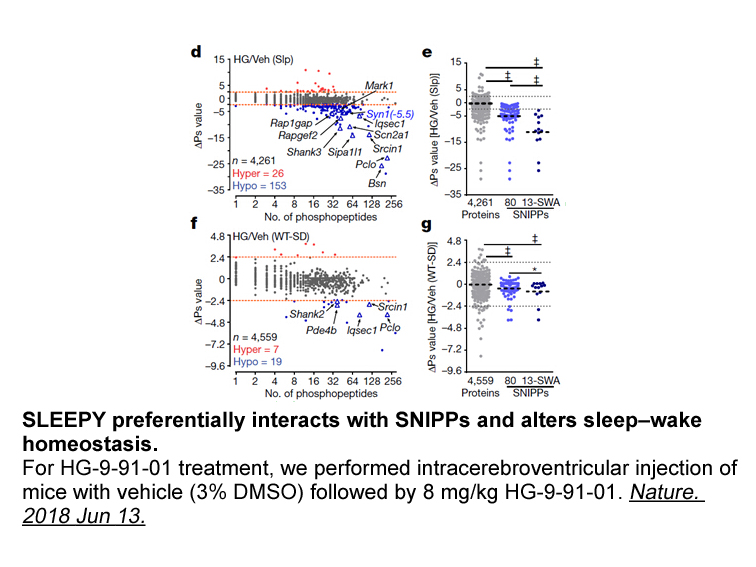Archives
br Antiangiogenic therapy in non small cell lung
Antiangiogenic therapy in non-small cell lung cancer (NSCLC)
Antiangiogenic targeted therapy is an area of active research in which numerous agents have been studied and have been shown to be effective for many tumor types including NSCLC. Angiogenesis is frequently upregulated in malignant solid tumors and is critical for tumor growth, proliferation, and metastasis [1]. The vascular endothelial growth factors (VEGF)-A, −B, −C, and −D, and their transmembrane tyrosine kinase receptors, vascular endothelial growth factor receptors (VEGFR)-1, −2, and −3, are important proangiogenic factors in normal and malignant tissues. Vessel formation in adult tissues is primarily mediated by VEGF-A, and downstream proangiogenic activity is mainly facilitated through interactions with VEGFR-2 [[2], [3], [4]]. Overexpression of VEGF proteins occurs in most tumors and is associated with increased risk of recurrence, metastasis, and death [5]. Platelet-derived growth factor and fibroblast growth factor pathways are also implicated in the regulation of angiogenesis [6]. Several antiangiogenic agents combined with chemotherapy have demonstrated clinical activity by targeting VEGF ligands or receptors with monoclonal AZD6482 or through tyrosine kinase inhibitors (TKIs) that block downstream proangiogenic pathways [7]. A select few of these combinations have demonstrated improved efficacy and acceptable toxicity in randomized trials that have led to their approval for treating patients with advanced NSCLC in the first- and/or second-line setting [[8], [9], [10]].
Until recently, standard first-line treatment for advanced nonsquamous NSCLC consisted of combination therapy with platinum plus a third-generation chemotherapy agent with or without bevacizumab [11]. However, efficacy for these combinations plateaued in fit patients for objective response rates (ORRs) (approximately 25%–35%), time to progression (4–6  months),
months),  median overall survival (OS) (8–10 months), 1-year survival rates (30%–40%), and 2-year survival rates (10%–15%) [11].
Single-agent first-line immunotherapy treatment with pembrolizumab has recently been approved by the US Food and Drug Administration (FDA) and the European Medicines Agency (EMA) for patients with advanced NSCLC and ≥50% of tumor cells expressing the programmed death receptor ligand 1 (PD-L1), as it demonstrated improved progression-free survival (PFS) and OS when compared with platinum-containing chemotherapy [12]. In addition, KEYNOTE-021 (Clinicaltrials.gov identifier NCT02039674) led to the FDA accelerated approval of first-line carboplatin-pemetrexed-pembrolizumab in nonsquamous NSCLC patients, irrespective of PD-L1 status determined by immunohistochemistry [13]. Recent advances have improved clinical outcomes for patients with tumors harboring targetable driver aberrations; however, only a small proportion (<20%) of patients with advanced NSCLC present with these abnormalities (e.g., epidermal growth factor receptor, anaplastic lymphoma kinase, ROS proto-oncogene 1 rearrangements) [7]. Additionally, intrinsic or acquired resistance to some targeted TKIs is increasingly problematic [14].
The first and only antiangiogenic therapy approved in the first-line setting for advanced NSCLC is bevacizumab (Avastin™, Genentech, Inc., San Francisco, CA, USA). Bevacizumab is a humanized monoclonal antibody that targets VEGF-A, inhibiting interactions with VEGFR-1 and VEGFR-2. Bevacizumab was approved in combination with paclitaxel-carboplatin for first-line treatment of patients with unresectable, locally advanced, recurrent, or metastatic nonsquamous NSCLC based on results from a large randomized phase 3 study [10]. It is now a standard first-line treatment option for qualified patients with advanced nonsquamous NSCLC and no actionable biomarkers [11].
median overall survival (OS) (8–10 months), 1-year survival rates (30%–40%), and 2-year survival rates (10%–15%) [11].
Single-agent first-line immunotherapy treatment with pembrolizumab has recently been approved by the US Food and Drug Administration (FDA) and the European Medicines Agency (EMA) for patients with advanced NSCLC and ≥50% of tumor cells expressing the programmed death receptor ligand 1 (PD-L1), as it demonstrated improved progression-free survival (PFS) and OS when compared with platinum-containing chemotherapy [12]. In addition, KEYNOTE-021 (Clinicaltrials.gov identifier NCT02039674) led to the FDA accelerated approval of first-line carboplatin-pemetrexed-pembrolizumab in nonsquamous NSCLC patients, irrespective of PD-L1 status determined by immunohistochemistry [13]. Recent advances have improved clinical outcomes for patients with tumors harboring targetable driver aberrations; however, only a small proportion (<20%) of patients with advanced NSCLC present with these abnormalities (e.g., epidermal growth factor receptor, anaplastic lymphoma kinase, ROS proto-oncogene 1 rearrangements) [7]. Additionally, intrinsic or acquired resistance to some targeted TKIs is increasingly problematic [14].
The first and only antiangiogenic therapy approved in the first-line setting for advanced NSCLC is bevacizumab (Avastin™, Genentech, Inc., San Francisco, CA, USA). Bevacizumab is a humanized monoclonal antibody that targets VEGF-A, inhibiting interactions with VEGFR-1 and VEGFR-2. Bevacizumab was approved in combination with paclitaxel-carboplatin for first-line treatment of patients with unresectable, locally advanced, recurrent, or metastatic nonsquamous NSCLC based on results from a large randomized phase 3 study [10]. It is now a standard first-line treatment option for qualified patients with advanced nonsquamous NSCLC and no actionable biomarkers [11].
Efficacy of antiangiogenics as second-line treatment in patients with aggressive or refractory disease